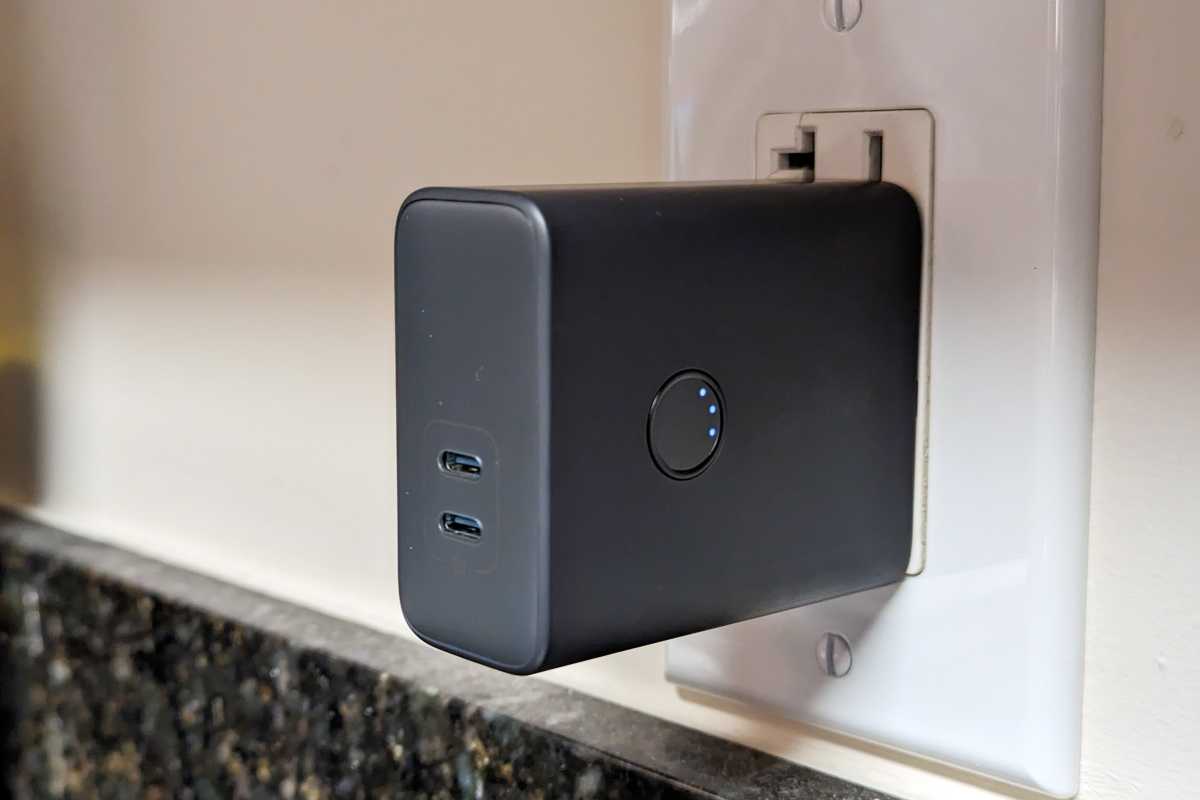Remember juice jacking? This kind of attack happens when you plug your phone or tablet into a public USB charging port (like at an airport), and the malicious charger compromises your device. Most commonly, the sketchy port will access data on your device or upload malware to its storage. Juice jacking first made the news over a decade ago, with periodic reminders about its dangers since then.
Most people don’t think about this threat—and truthfully, I haven’t either, even though I cover security for PCWorld. Back in 2011, security on phone operating systems was more basic. Since then, both Google and Apple have updated their operating systems to be more resistant to juice jacking.
But at the start of this summer (and since), various news outlets have recirculated a warning from the United States Transportation Security Administration (TSA) about an updated version of juice jacking at airports. Called “choice jacking,” a rogue USB charging port’s malware can bypass the required interaction with your phone or tablet’s screen to grant access to storage. It tricks the device into believing you’ve pressed the on-screen buttons that give the permission.
I’m still not very worried about this updated attack method—and not because security experts and software vendors say that this threat is more theoretical than actual. Why? It’s incredibly easy to avoid this threat, no matter how real or imagined.

Alaina Yee / Foundry
Just don’t plug your phone into public chargers. Use your own power bank or charger instead.
I prefer this method because I keep full control over how I charge my phone in multiple ways. (I’m still scarred by the early days of smartphone ownership, when I plugged my phone into a misconfigured charger and shorted my connection port.) Win-win.
If you hate carrying extra weight and/or bulk, you can also simply turn off your phone before charging via a public charger. Or look into USB cables that only carry an electrical charge and not any data. (Search for “secure USB cable.”)
Ultimately, with how much energy we already have to spend watching for online threats, I see this as a potential problem so easily sidestepped, it’s not worth stressing about. I worry more about these three travel scams. Also, that lithium ion batteries are much more flammable than we realize.
Autentifică-te pentru a adăuga comentarii
Alte posturi din acest grup

If you have a slow main drive and you’re looking to finally superchar

It’s hard to find a good deal for a gaming monitor, even if you’re no

One of the most frustrating things about new tech these days is that

If you want me to be excited about a laptop above a certain price, it


Suddenly, Intel is a hot topic again — but this time as an investment
